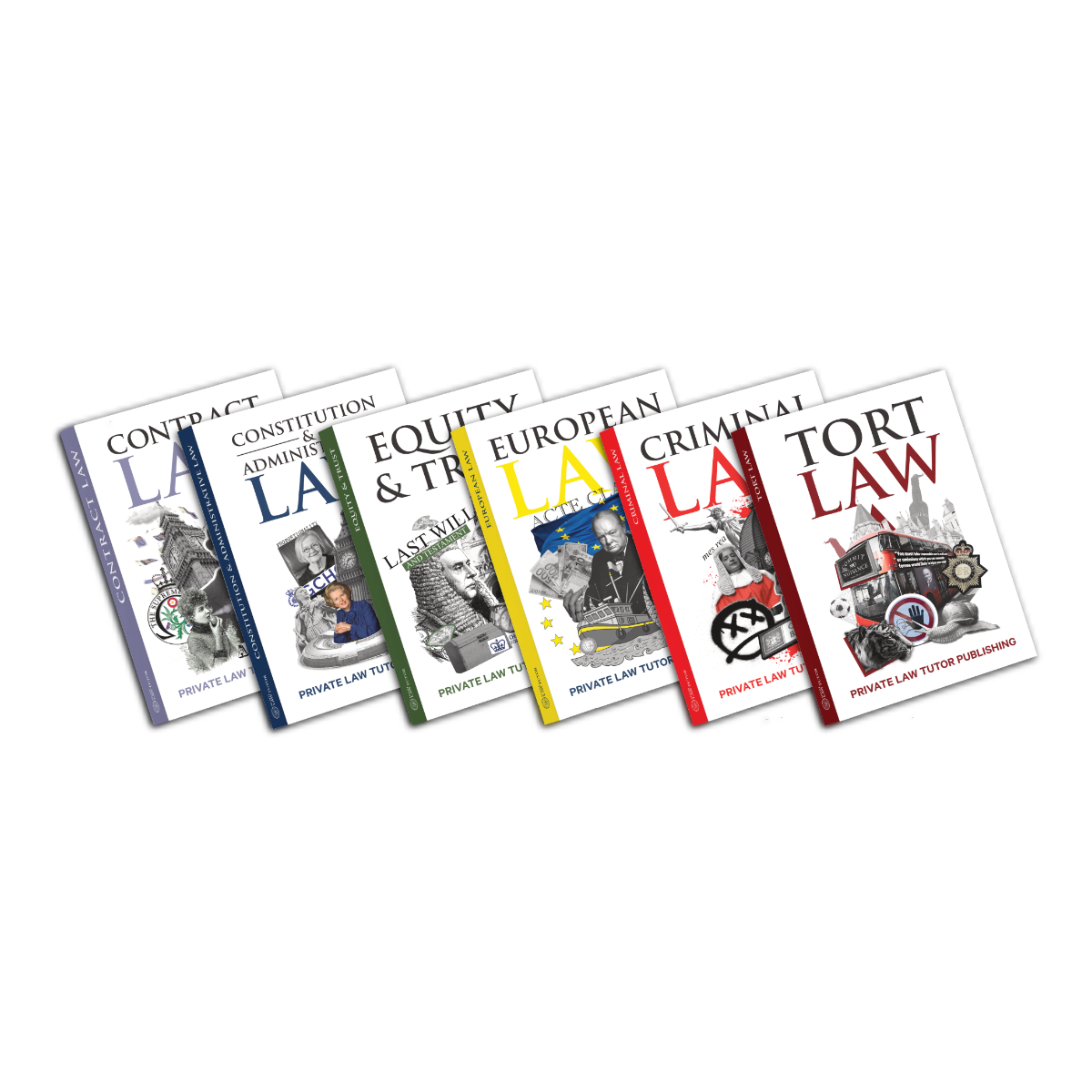Criminal
Criminal meaning
Criminal Law
Criminal Law codifies the patterns of conduct that are regarded inappropriate by a given society. Offenses and crimes have been enacted as a result of this regulation in order to check and defend society as a whole, individual interests, and specific property rights. The definition of what constitutes good and evil in a given culture is essentially codified in a body of legislation known as criminal law. Because of this, a crime is considered to be a "public wrong," which means that there is a need to defend the ethical foundation upon which our society is built.
The criminal Mind
The criminal mind is a complex and multifaceted phenomenon that has fascinated psychologists, criminologists, and law enforcement officials for decades. At its core, the criminal mind is characterised by a disregard for the law and social norms, a lack of empathy for others, and a propensity for selfish and impulsive behavior. Some researchers believe that certain individuals are born with a predisposition towards criminal behavior, while others argue that environmental factors such as poverty, abuse, and neglect can lead to the development of criminal tendencies. Despite ongoing research into the nature of the criminal mind, there is still much to be learned about what drives individuals to commit crimes and how to prevent criminal behavior from occurring in the first place.
Criminal behaviour
From the beginning of time, society has always had the ability to govern its citizens' behaviour and, when required, punish them for particular actions they do. As a result, the law, in the form of the common law and statute law, has a long history and has continued to develop over a long period of time. As a result, a series of offences and crimes have been created that lay out "the rules" that will inform individuals about what is required to commit a public wrong. Of course, not every kind of improper behaviour will be considered for criminal prosecution. The mission of the criminal justice system does not include upholding all of the public's moral standards. It is not morally acceptable to act in such a way that results in the "infliction of substantial harm" on another person; as a result, such behaviour, if it is carried out, will be subject to criminal sanctions.
Morality
The legislature will undoubtedly be guided by general morality when deciding what kinds of behaviours should be criminalised. Nonetheless, there are cases in which the popular perspective of what constitutes immoral behaviour will not necessarily reflect a corresponding criminal crime. Adultery is an excellent illustration of a scenario in which this is the case. It's possible that some people may think that this is unethical, or even completely wrong, yet engaging in an adulterous affair is not a criminal offence. However, there are some behaviours that may only be deemed inappropriate under certain conditions or when the individual crosses a particular threshold. For instance, purchasing alcohol for someone under the age of 18 or drinking to excess in a public place are both illegal. Person found guilty of such a criminal offence is a criminal.
Law Books
Whether you want to self-study for your LLB, GDL, or PGDL exams, you can absolutely succeed in earning first-class grades. Our law books cover the assessment standards for the SQE and CILEX, which means that you will be able to prepare for several certifications using only one set of legal books. Study resources for the LLB, GDL, PGDL, SQE, and CILEX that have been prepared by a former law lecturer and will astound you. In addition, you will learn the key to achieving first-class results and passing your professional exam right away.


